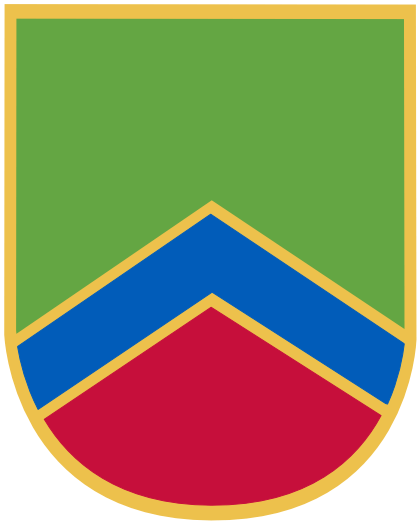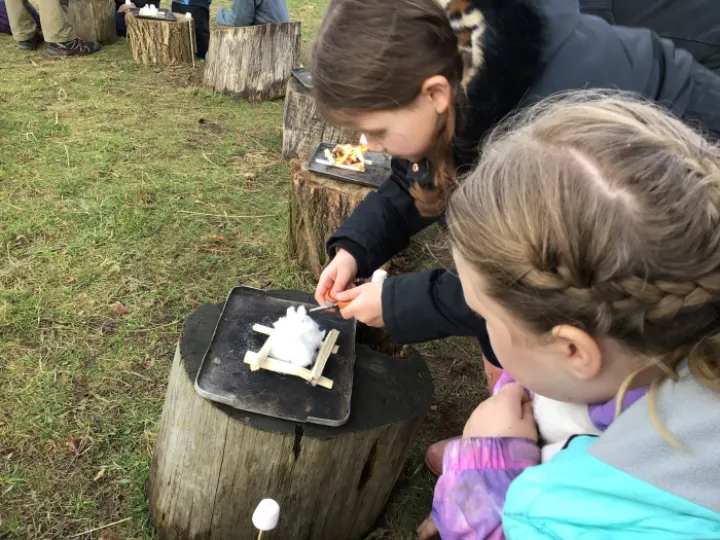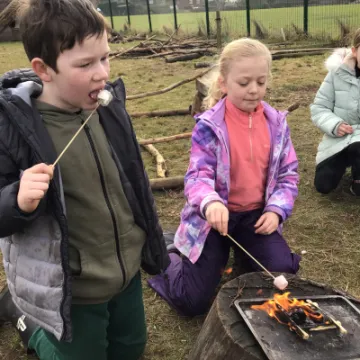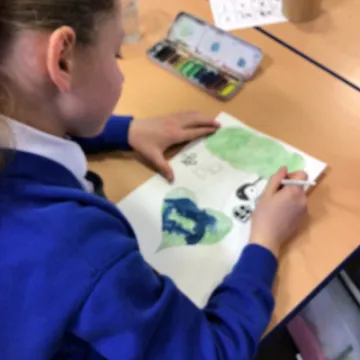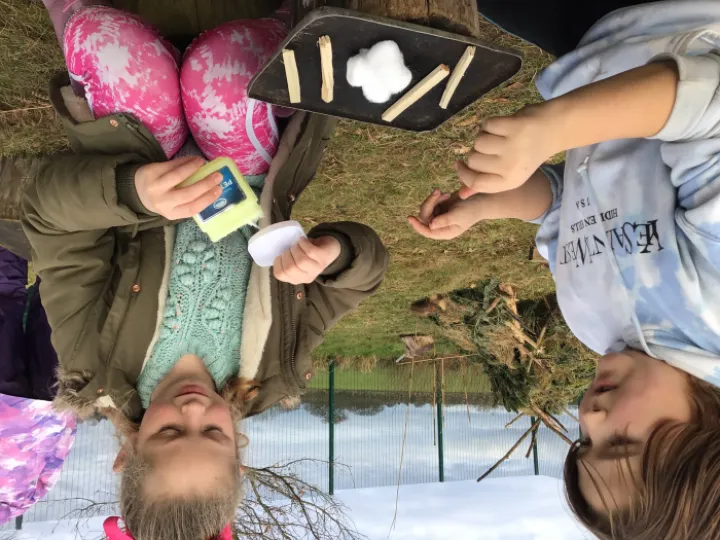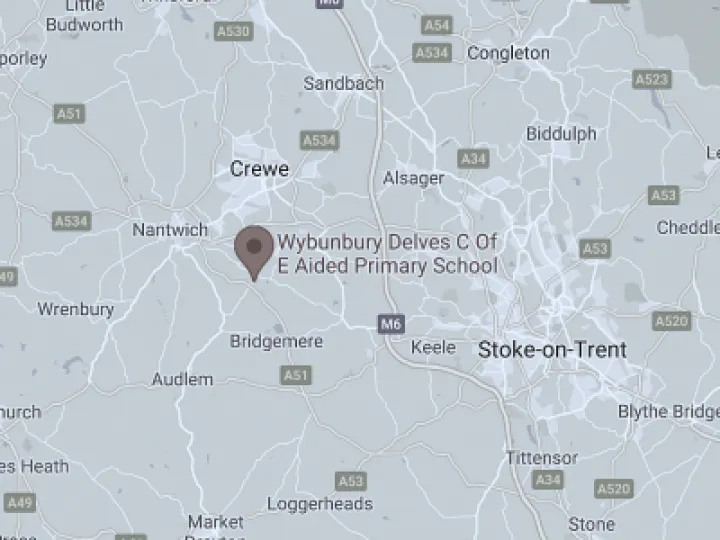Year 5 News 04.02.2022
Happy Friday Year 5!
We have had a lovely week and have enjoyed taking part in Interfaith and Harmony Week.
At school, our focus for Interfaith and Harmony Week was the 'Golden Rule'. Did you know that every religion has a common rule that they follow? This is called the 'Golden Rule'. We looked at how each religion phrases it and then worked together to summarise what they all mean. In the end, we concluded that the 'Golden Rule' is about treating others the way you wanted to be treated yourself. It's a powerful message. Using this message as inspiration, we then created a personal piece of artwork that celebrates and shares the meaning of the 'Golden Rule'. You have all created beautiful, meaningful pieces. Take a look at the photos to see some examples.
We also enjoyed forest schools this week. In our session on Wednesday, we continued to practice our shelter building skills using natural resources. You are all excellent at this now. Some of your shelters looked very cozy. We also had a go at lighting fires. This was great fun. We learnt how to build a fire and how to feed it with fuel to keep it burning for as long as possible. You got to roast a marshmallow on the fire you built too. Yummy!
In English this week, we have been authors as it was finally time to do our 'Hot Write'. We have worked hard to reach this point. Over the past few week, you have learnt many key skills which have enabled you to write brilliant 'Beat The Monster' stories. You worked hard on your plans at the start of the week, wrote your stories in the middle of the week and then finally edited your stories at the end of the week. I am proud of you all because you have all tried so hard to use the skills we have been learning about. We even got chance to read some of our stories to the class. This was a real treat and it was lovely to listen to them.
In maths this week, we have been practicing our long multiplication skills during our starter time and we have been focusing on short division during the main part of our lessons. During our lessons, we have learnt how place value charts and counters can be used to represent the short division model. This was very handy and really helped us understand what we had to do. It also helped us understand that short division uses the grouping method (rather than the sharing method) to find your answer. When solving questions, we realised that not all numbers divide into equal groups. When this happens, the numbers that are left are called remainders. We learnt that you can use rules of divisibility (these are like cheat codes) to work out if a question will have remainders before you even start your working out. How amazing is that?
In Computing this week, we learnt about 'Sprites'. This is the name given to a character (like an avatar) in a game. As part of our lesson, we programmed the sprite to follow certain commands when clicked. It was fun to watch your sprites spinning around and dancing.
We have also done History and Art this week. In Art, you designed the clay pot that you will be creating. We thought back to our work with clay from last week and used this to help us decide how complicated we wanted our designs to be. We know that working with clay can be tricky so many of us have chosen to do a simpler design as we want to focus on getting the skills and techniques right. In History, we learnt about what it was like to go to school in Athens and Sparta. We learnt that children in these two cities had very different experiences. An Athenian school taught many of the lessons that we do today such as reading, writing and maths (there were some interesting ones that we don't do today). However, unlike our schools, only rich boys could attend. In Sparta, we learnt that they focused on fighting and survival which is very different to what we do. However everyone could go to school in Sparta just like we can today. Which school would you have preferred to go to?
I hope you're having a lovely weekend,
Miss P
Quick Links
Contact Us
office@wybunburydelves.co.uk
01270 841302
Wybunbury Delves
Bridge Street
Wybunbury
Nantwich
CW5 7NE
